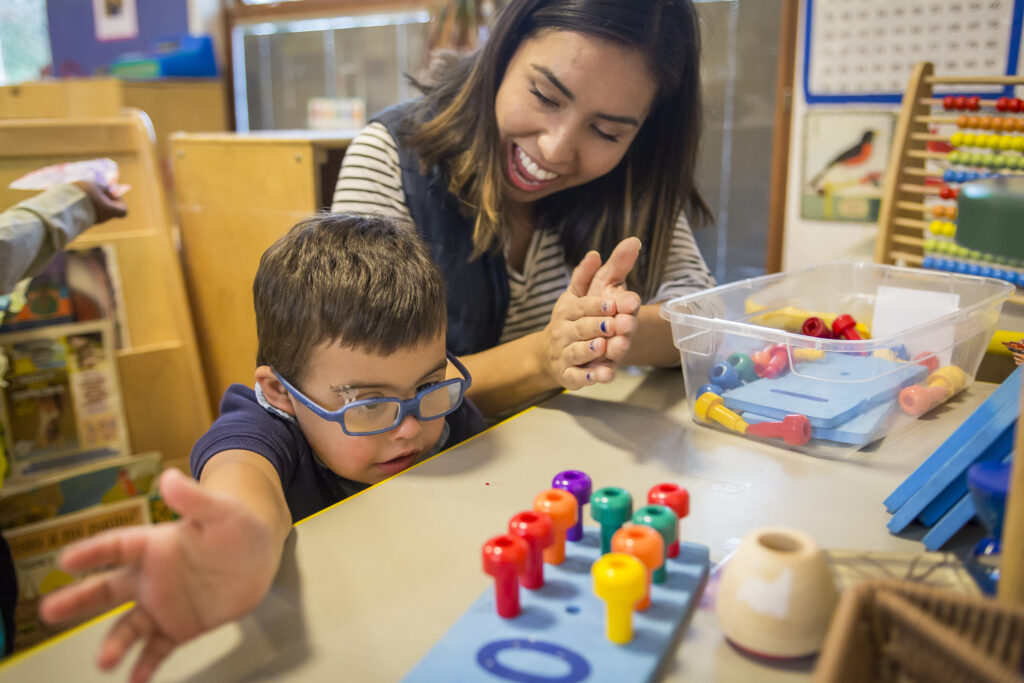The fourth issue in our Educare Insights series, this brief focuses on self-regulation in early childhood, providing insight into factors that influence the development of children’s self-regulation skills.
Research findings from the Educare Network on self-regulation in early childhood:
- Add to existing research demonstrating the importance of key relationships (with parents/caregivers, teachers and peers) across contexts (home, early childhood program) for the development of young children’s self-regulation abilities
- Show that longer time spent in Educare was beneficial for children’s self-regulation development, particularly Dual Language Learners
- Demonstrate the essential role that relationships with parents, teachers and peers play in supporting the development of children’s self-regulation skills
This brief summarizes Educare research findings, together with other research literature exploring self-regulation, and provides insights into future research, relevant policies and best practices that have the potential to strengthen early relationships and optimize the learning and development of young children.
Researchers, early childhood systems and program leaders, practitioners, advocates, policymakers and funders should center race, ethnicity and linguistic diversity in research on children’s self-regulation, work to foster and strengthen positive parent-child relationships, promote positive teacher-child interactions in early childhood settings, and strive to expand access to and promote long-term participation in high-quality ECE programs.
